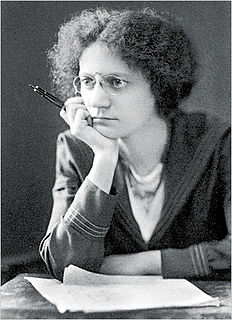A Quote by Benjamin Disraeli
What is earnest is not always true; on the contrary, error is often more earnest than truth.
Related Quotes
This is to be observed of the Bishop of London, that, though apparently of a spirit somewhat austere, there is in his idiosyncrasy a strange fund of enthusiasm, a quality which ought never to be possessed by an Archbishop of Canterbury, or a Prime Minister of England. The Bishop of London sympathies with everything that is earnest; but what is earnest is not always true; on the contrary error is often more earnest than truth.
Error is a supposition that pleasure and pain, that intelligence, substance, life, are existent in matter. Error is neither Mind nor one of Mind's faculties. Error is the contradiction of Truth. Error is a belief without understanding. Error is unreal because untrue. It is that which stemma to be and is not. If error were true, its truth would be error, and we should have a self-evident absurdity -namely, erroneous truth. Thus we should continue to lose the standard of Truth.
It is too often believed that a person in his progress towards perfection passes from error to truth; that when he passes on from one thought to another, he must necessarily reject the first. But no error can lead to truth. The soul passing through its different stages goes from truth to truth, and each stage is true; it goes from lower truth to higher truth.
The world always makes the assumption that the exposure of an error is identical with the discovery of truth - that error and truth are simply opposite. They are nothing of the sort. What the world turns to, when it has been cured of one error, is usually simply another error, and maybe one worse than the first one.

































